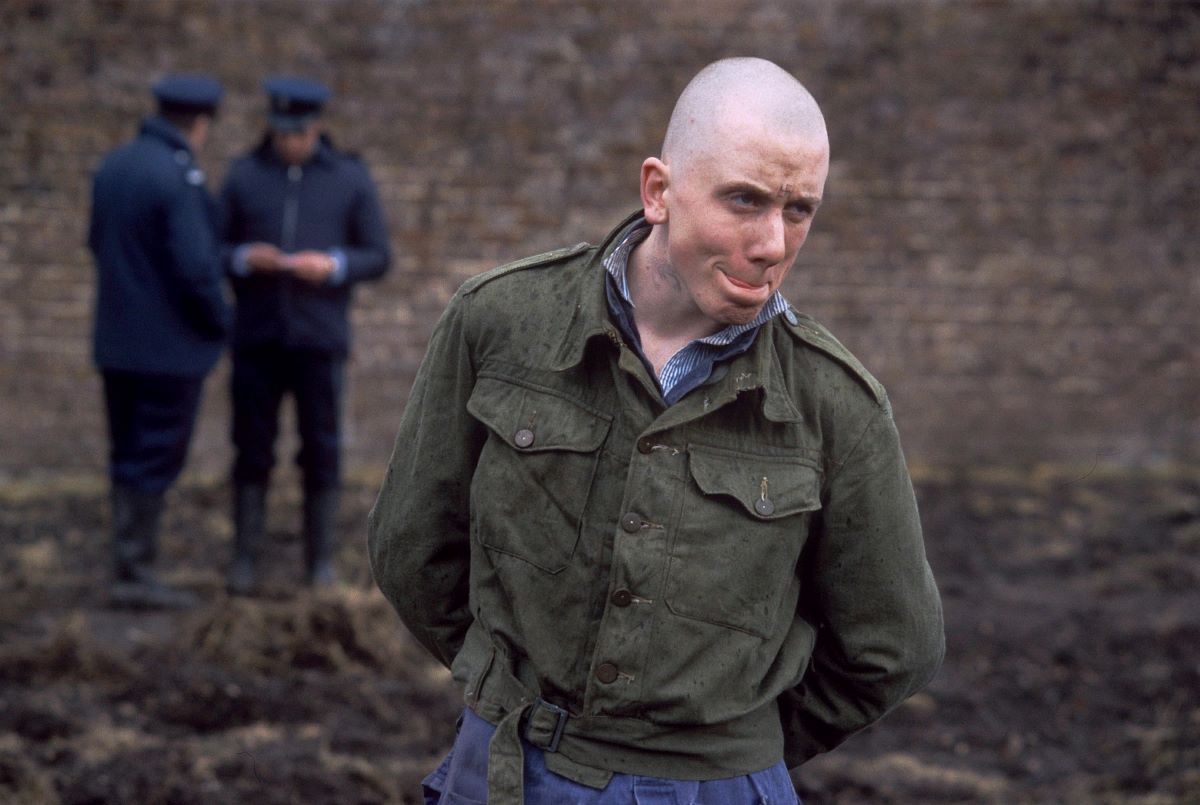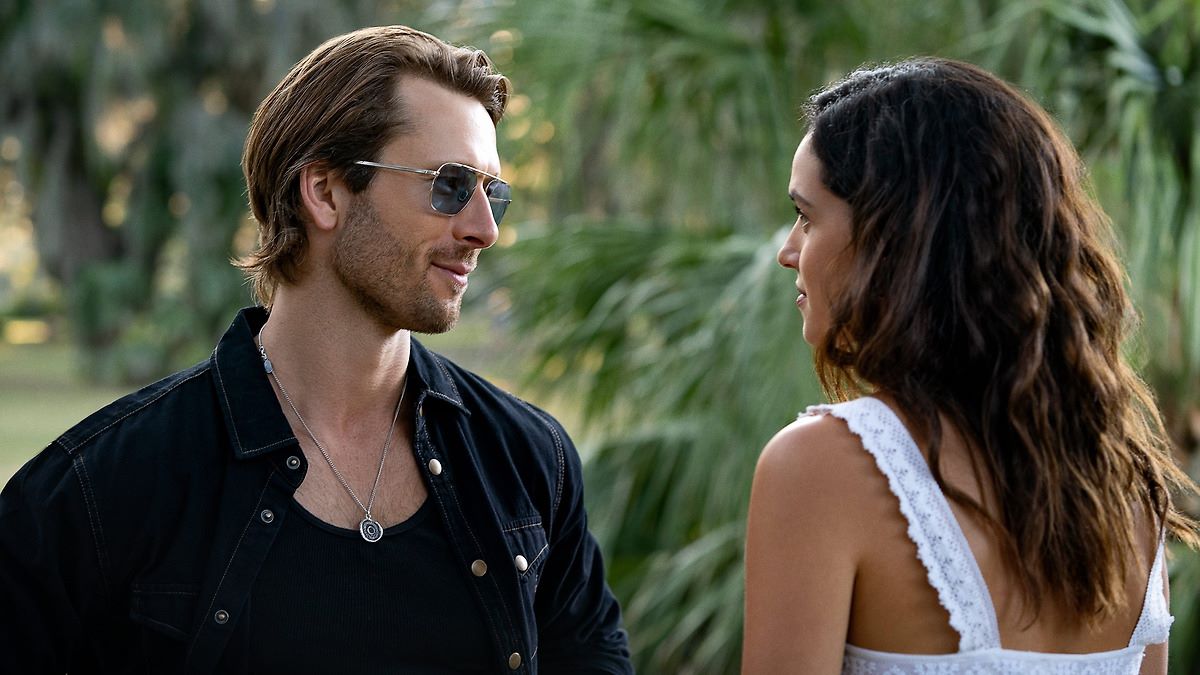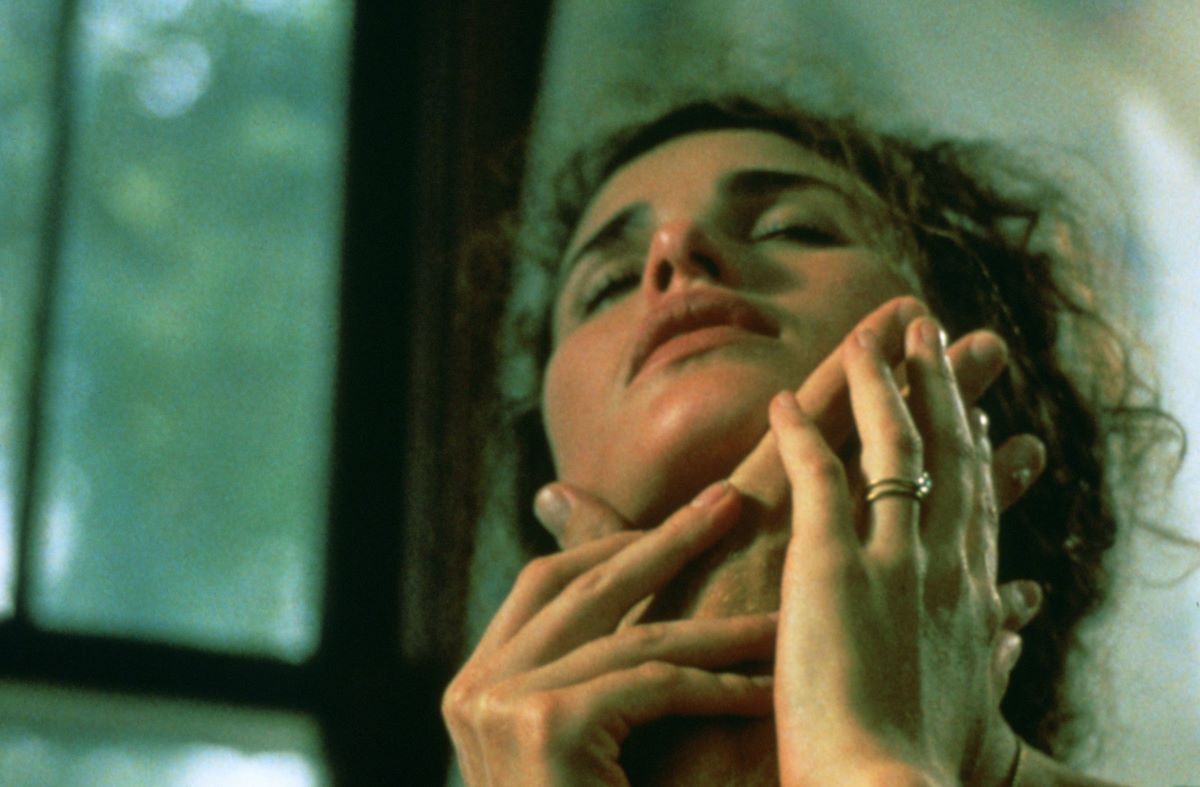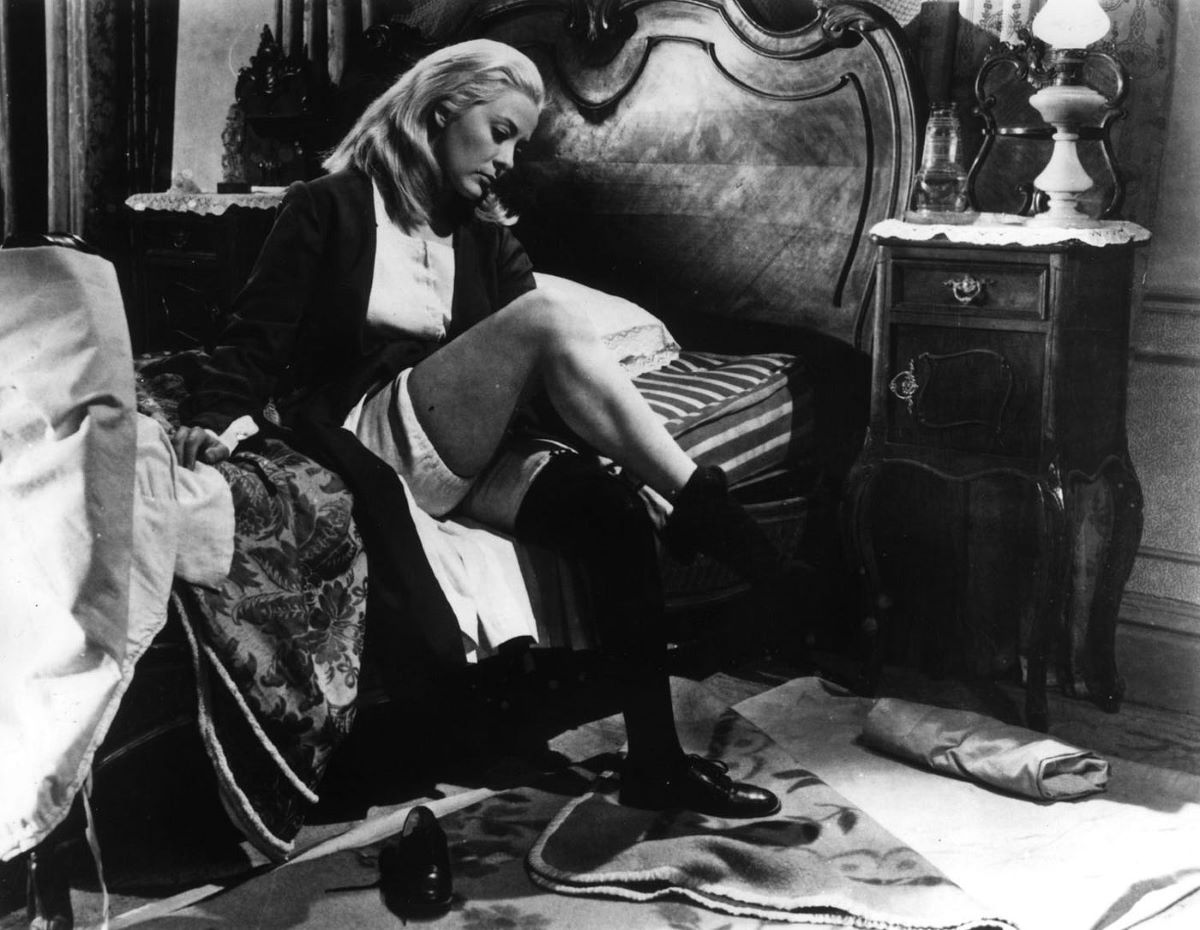Made in Britain (1982)
Directed by Alan Clarke
At eighty-two years old, David Leland has passed away, a name that perhaps no longer means much to young cinephiles, like that of his colleague Alan Clarke, who died thirty-three years ago. For this reason, rewatching Made in Britain, which Leland wrote for Clarke in 1982, means rediscovering the political verve of English cinema (and television, as in this case) of the 1980s; the photography and camera movements by Chris Menges are splendid, and the energetic and unforgettable performance of the twenty-year-old Tim Roth, in his debut in front of the camera, is remarkable.
Once Upon a Time in England
Trevor is a young racist English skinhead whose life is completely dedicated to violence and destruction. Locked up in a youth rehabilitation center, his last chance before real prison, Trevor does not change his defiant attitude towards any form of authority.
“What ever happened to Fay Wray?”, Frank-N-Furter asked while singing Don’t Dream It, Be It in the Rocky Horror Picture Show; a question that could be adapted to ask where the most provocative, political British cinema has gone, the kind that could read reality and translate it onto the screen with refined harshness. Of course, there are the last flames of the almost ninety-year-old Ken Loach (The Old Oak is a film of heartbreaking power, if there were any doubts) as well as the eighty-year-old Mike Leigh – but Peterloo, his last creation so far, is five years old – but it seems the landscape has become barren: after all, the promising start of Shane Meadows is now stuck on the small screen, and he hasn’t directed a fiction film for cinema since 2009, the year he made the ramshackle and brilliant musical mockumentary Le Donk & Scor-zay-zee. The times when British television viewers could stumble upon “series” like The Wednesday Play, Play for Today, Play of the Month, true training grounds for both the audience and those who participated in the productions, are long gone: Ken Loach, Mike Leigh, Mike Newell, Michael Apted, Alan Bridges, Stephen Frears, Roland Joffé, and of course Alan Clarke were all shaped by these. Indeed, Alan Clarke: it has been thirty-three years since this brilliant and restless director passed away (still young, at fifty-four), and it seems that few, if any, remember him. His name surfaced vaguely when Gus Van Sant’s extraordinary Elephant was released, as the American filmmaker pointed out to the less attentive that the title of his film was a declared homage to the work Clarke made for BBC Two in 1989, produced by Danny Boyle, but then the name sank back into obscurity. Darkness from which it reemerges these days following another loss, as David Leland, who wrote Made in Britain for Clarke, died at eighty-two on Christmas Eve.
And here is the second forgotten name: David Leland. The more informed might reconnect the threads of memory by recalling some of the films in which he worked as a screenwriter, such as Neil Jordan’s Mona Lisa or Monty Python Terry Jones’ Personal Services, but it is difficult to find anyone who retains images from his five directorial films. Among these, it would be a crime not to rediscover at least the debut, that Wish You Were Here that was presented at the Cannes Directors’ Fortnight in May 1987, also winning the FIPRESCI prize. Clarke and Leland are names from a past in British image production that has no heirs today, nor does it desire any: an imagery too rough, painful, disconcerting, raw, and cruel (but never lacking in human compassion and, above all, understanding) to be accepted and shared in a mediocre and manichean era like the present one, where the search for complexity has become a “sin” to be redeemed. Made in Britain stages a lot of complexity, starting with the protagonist: Trevor, played by a twenty-year-old Tim Roth in his television debut (his film debut would come a couple of years later, in 1984, in The Hit, Stephen Frears’ return to the big screen thirteen years after his debut with Gumshoe), is a skinhead, with a swastika tattoo prominently on his forehead. He is violent, racist, foul-mouthed, uncontrollable. A destroyer, driven by a fierce temperament far removed from the hedonism of Alex DeLarge from A Clockwork Orange: it’s no longer time for “Ludovico Van”, now the vitalistic and deadly frenzy is marked by the Scots The Exploited, who, despite their anarchist declarations in anti-establishment songs like Dogs of War and Army Life, seemed to sympathize with the National Front of Andrew Brons and Martin Wingfield in the 1980s.
As a screenwriter, Leland places Trevor and Made in Britain within a broad discourse on the British educational system, considered oppressive, fascist, and not conducive to dialogue: a group of four works intended for the small screen along with producer Margaret Matheson (who had already been behind the 1977 project Scum, initially intended for television but rejected as too violent and thus rewritten by Roy Minton for Clarke as a film in 1979) that would become known as Tales Out of School, including, besides Made in Britain, Mike Newell’s Birth of a Nation, Jane Howell’s R.H.I.N.O., and Edward Bennett’s Flying into the Wind. The borstal, the infamous juvenile reformatories where minors were thrown without any real educational value in their treatment, are at the center of the discussion, and Made in Britain, besides being the most famous film of the quartet, is also the one that analyzes the context with the greatest precision, capturing its distortions and layers. Leland, along with Clarke, sees in the young Nazi-sympathizing thug played by Roth a pure product of Britain, not a degeneration. The same boy, dominated by an enormous ego, acts so virulently and against societal rules precisely because he is fully aware of being one of its favored children, purer in the end (certainly more so than the poor wretched children of the “colonies” against whom he hurls his furious sneer and rage). British society is deterministic, and has already decided where to place Trevor for the coming decades, but the adolescent, beyond desiring the destruction of everything, does nothing to break out of this scheme, to truly and deeply fight his condition. Leland describes with words the neurotic and furious wandering of a boy in a society that doesn’t even teach reading – many of Trevor’s peers are practically illiterate – and provides no real structures, only coercions, with discipline imposed from above. Clarke manages to reproduce this perpetual motion through his gaze thanks to the intuition of using the steadicam on set – one of the first occasions for British television. This was possible thanks to the work of the highly talented cinematographer Chris Menges, who had already experimented with it with great results in Walter, produced by Channel 4 for Stephen Frears (Menges would later become a director, making four films between 1988 and 1999, the most notable of which is A World Apart); the fluid perpetual motion operated by Menges serves as a perfect counterpoint – and complement – to Leland’s discourse, with the political reading moving from the written page to the viewer’s eye. Clarke would become so comfortable with the steadicam that it would become the core of his expressive poetics – as seen in the aforementioned Elephant of 1989. And it is striking in its own way that a kinetic film like Made in Britain ends with a freeze frame of a close-up, however disturbing it may be: the script originally intended to show Trevor in the reformatory teaching his fellow inmates to dig trenches (a brilliant and even more schizophrenic insight into the only real role a penitentiary can play, that is, creating further barriers and divisions), but it seems that scenographically the sequence lacked impact, so it was cut during editing. Thus remains the grinning, almost joyful close-up of Trevor, finally considered an “enemy” by the System, before which one is left speechless and defenseless. “What Ever Happened to British Cinema?”
Raffaele Meale
Quinlan, December 30, 2023





